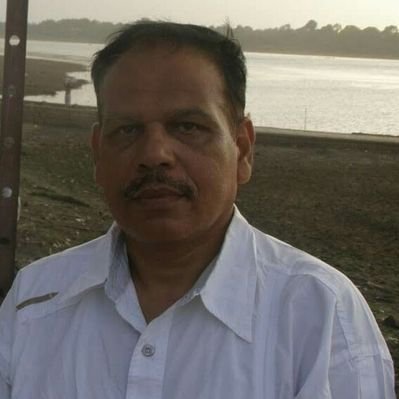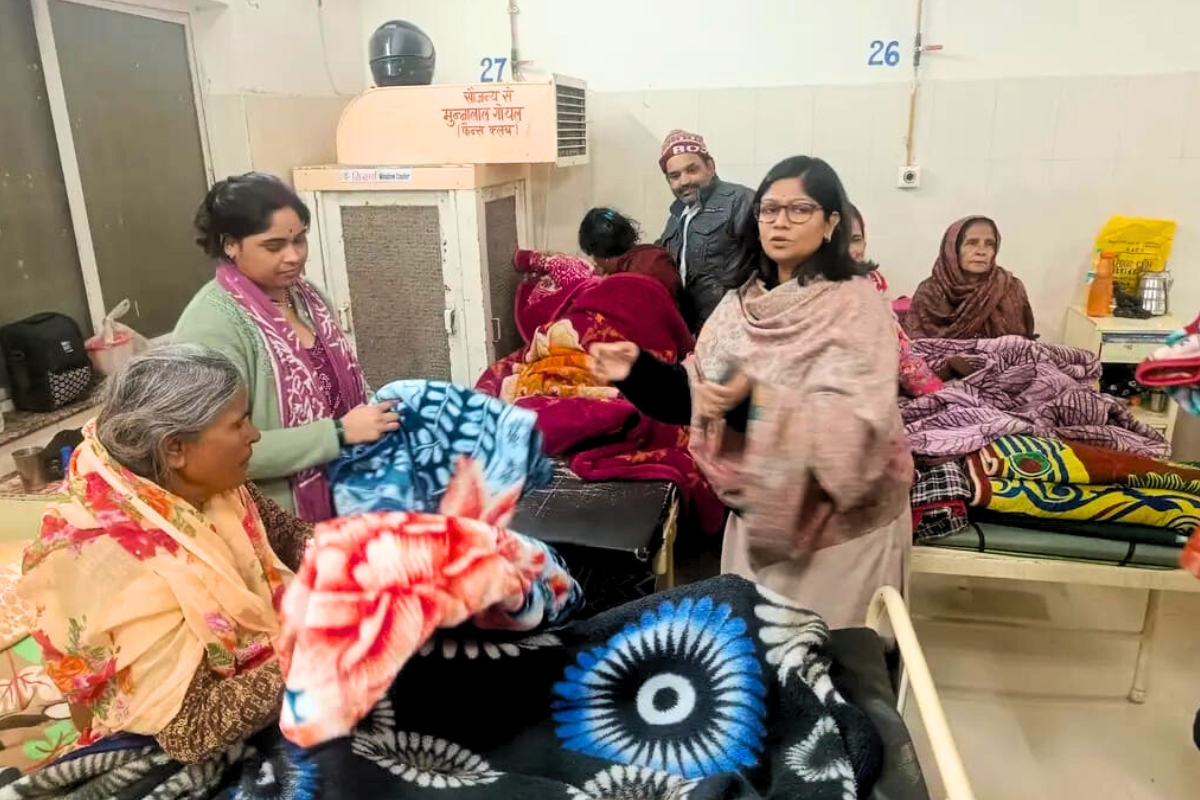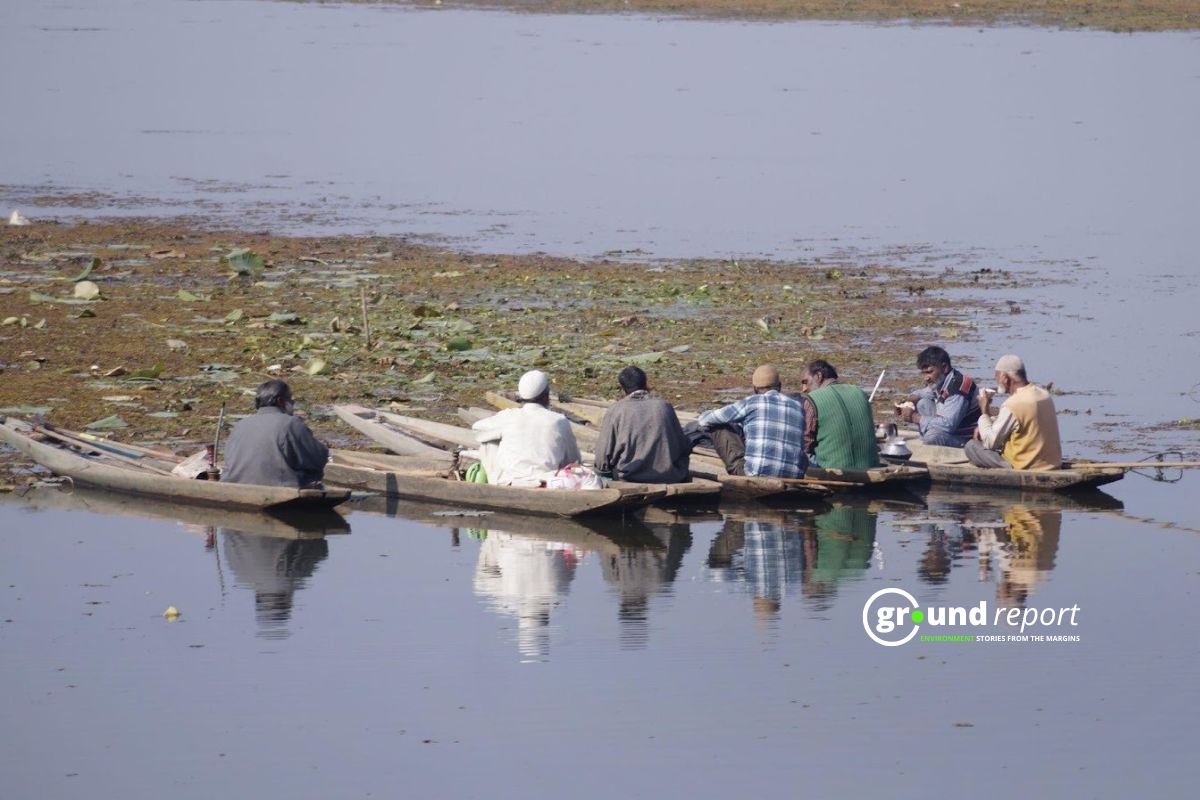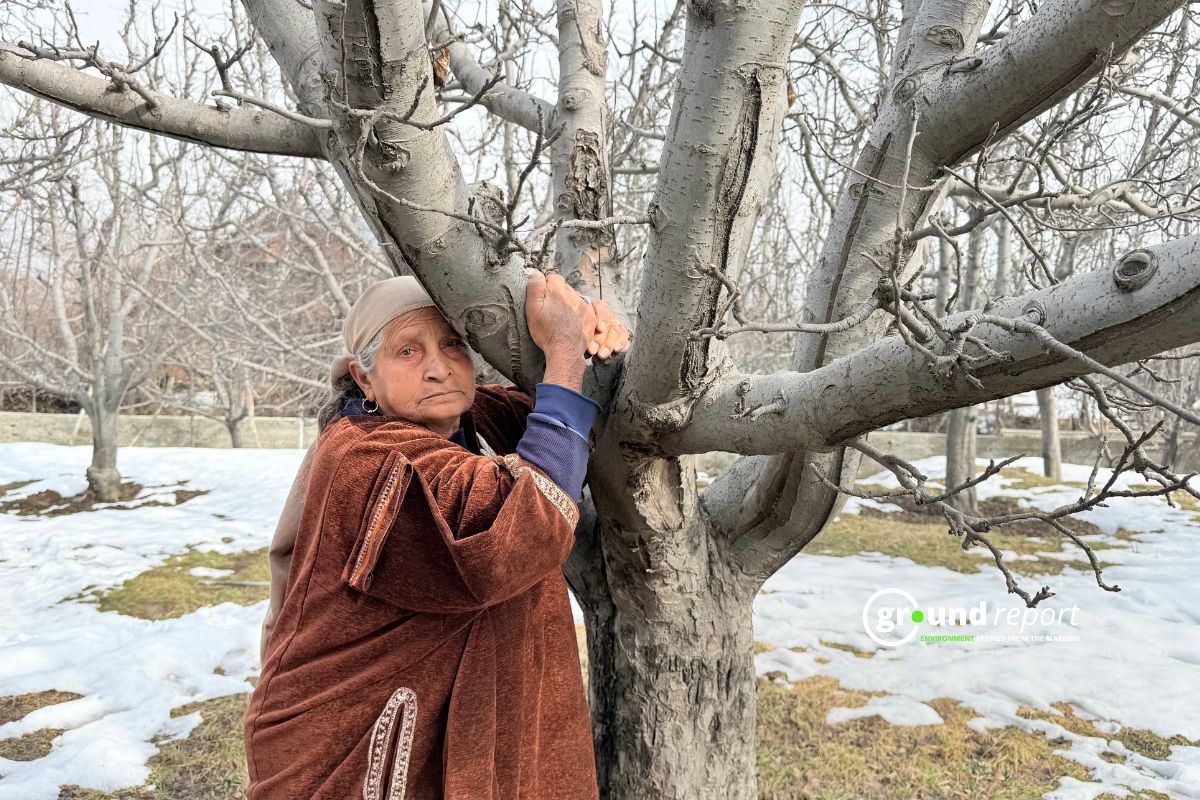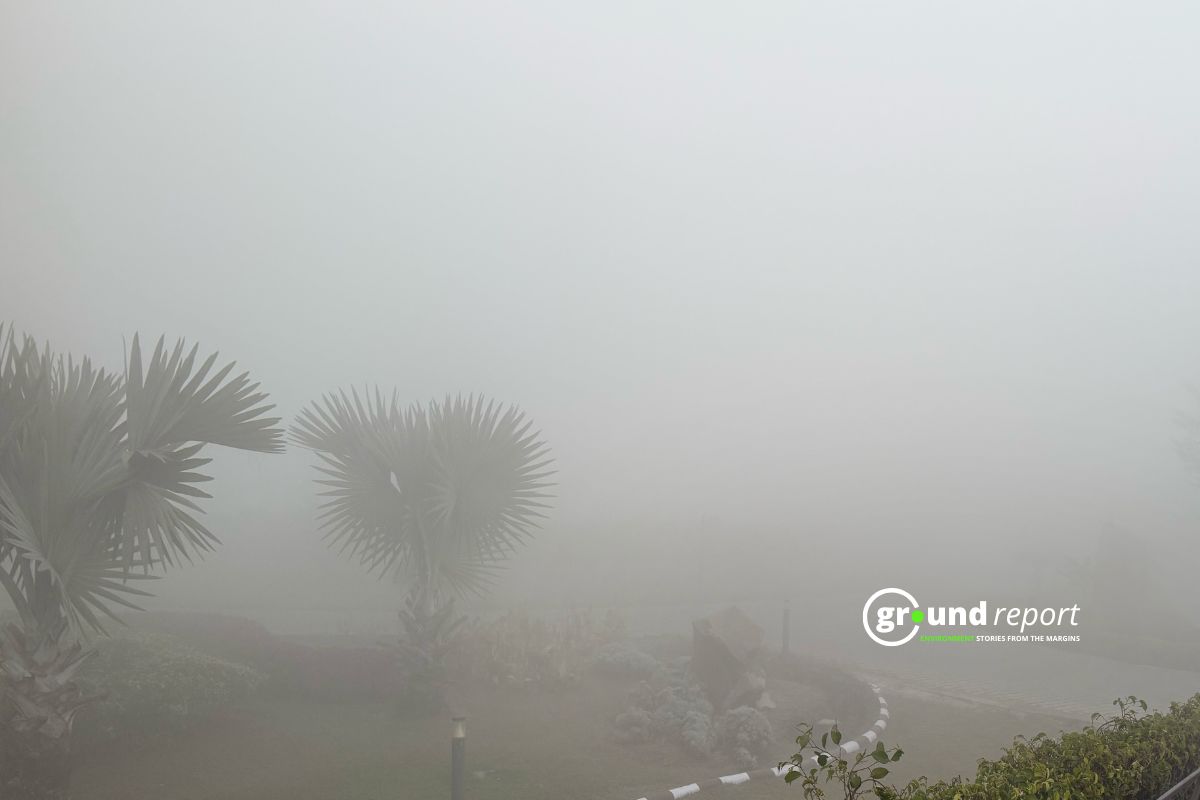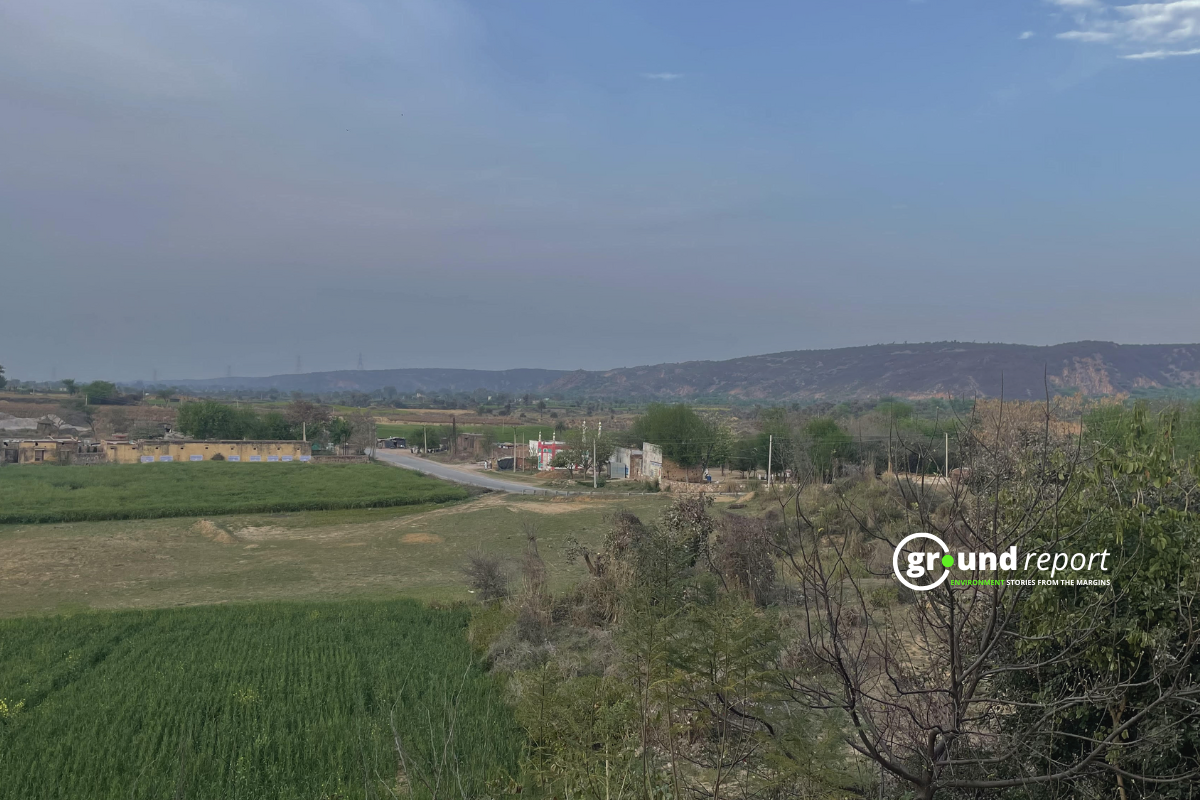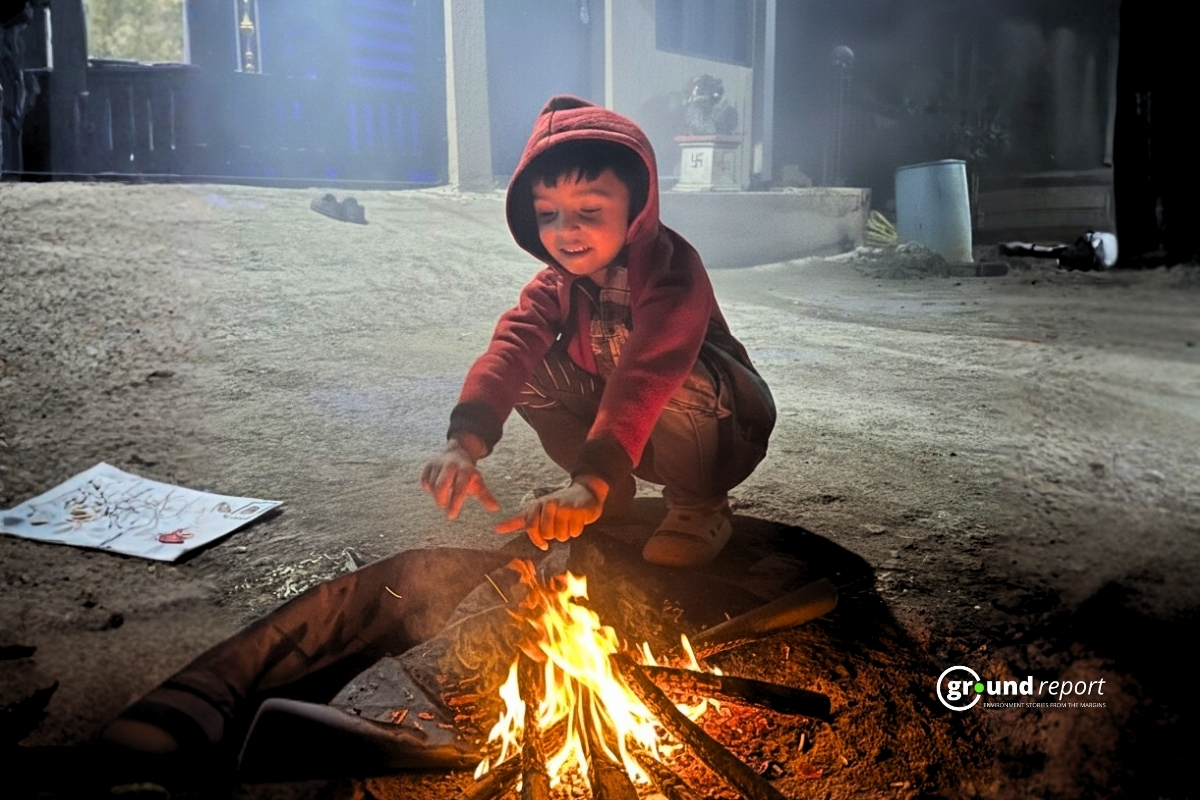In the shadow of Prime Minister Narendra Modi’s flagship mission to deliver clean tap water and eradicate water-borne diseases across India, a small village in Madhya Pradesh has turned that dream into a nightmare.
In Sajwani village of Barwani district, 229 km from the state capital, many people fell ill after drinking contaminated water coming through pipelines laid under this same scheme.
At the Madhya Pradesh government’s cabinet meeting held on September 2, 2025, the state government approved 27,990 single village tap water schemes and 148 group water supply schemes under Jal Jeevan Mission, totaling ₹2,813.21 crores. During the press conference, the state’s Urban Development and Housing Minister Kailash Vijayvargiya said:
“The tap water scheme has been Prime Minister Narendra Modi’s dream project. According to the World Health Organization, most diseases are water-borne. And PM Modi’s dream is to make the country healthy.”
However, these claims of the minister became difficult for the people of Sajwani to digest. Ganesh Parmar, a local of the village reported that the problem of diarrhea started on Dhanteras, October 18, 2025. Within the next two days, about 200 people from the village with a population of 6120 were affected. Currently, the administration has advised against using the supplied water for drinking. The village has been sent 4-5 water tankers, but villagers say these are insufficient for their needs.
According to the scheme’s official data dashboard, all 1,161 households in the village have been provided tap water connections under the scheme. Speaking with us, villagers say that water supply lines were laid through dirty drains. They had complained about damaged pipelines and valve leakages needing repair, but the administration took no action. The water report dated September 2, 2025 on the Jal Jeevan Mission website shows the presence of turbidity, which could be the cause of this illness
Many government claims have been made about this scheme. In this context, Ground Report attempted to understand the ground reality of this scheme by examining government documents and conducting field investigations.
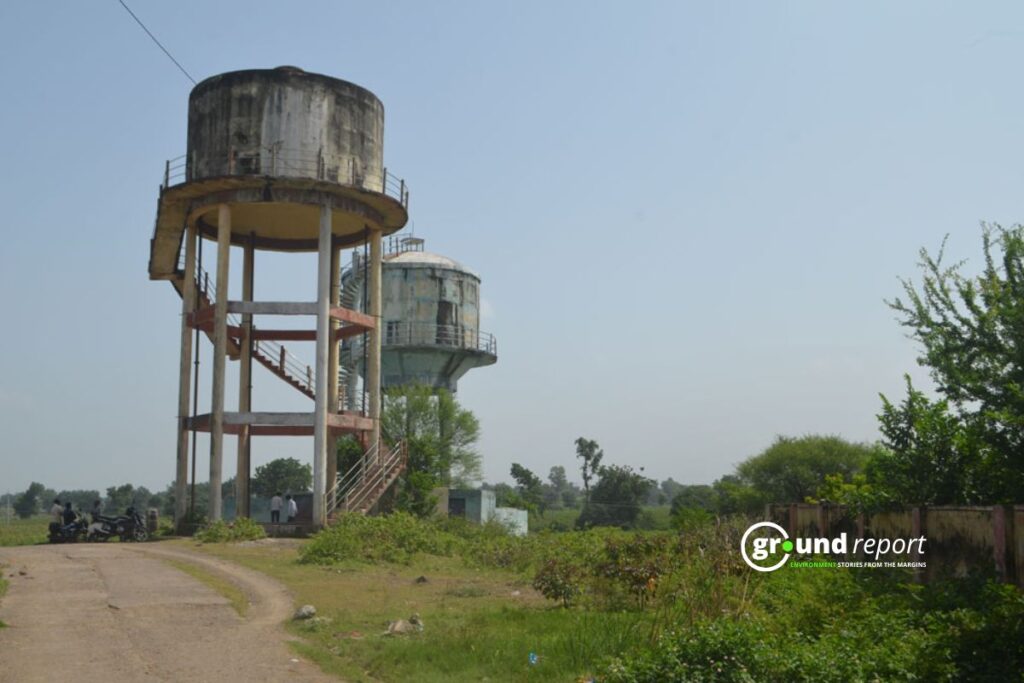
Ambitious Launch to Delayed Reality
Prime Minister Narendra Modi announced the Jal Jeevan Mission (JJM) on August 15, 2019, during his Independence Day address from the Red Fort in New Delhi. According to government data, from the mission’s inception until August 18, 2025, tap water connections have reached 156.9 million (81.02%) households in 582,000 villages. The data shows that 100% of households in 2,63,000 villages have received tap water connections.
The mission’s goal was to bring piped water to every household in the country by 2024. However, given the extremely weak state of piped water coverage in India and the country’s social, economic, political, and geographical diversity, achieving the target of bringing water to every household within five years seemed extremely ambitious. The central government has extended the deadline for this scheme, which fell short of its target, to 2028.
Fake Pipes Fuel Corruption
Through field investigations and study of government documents, we found that low-quality construction materials were used in drinking water schemes approved under Jal Jeevan Mission in Barwani and Dhar districts.
In an order dated April 4, 2023, obtained by Ground Report, the Public Health Engineering Department, Indore, stated that the contract for work under the mission in various villages of Nisarpur development block in Dhar district was given to the Ahmedabad-based firm ‘Messrs Jai Khodiyar Enterprises’. This work, allotted on February 4, 2021, was to be completed in six months, but by this 2023 order, the firm had not completed the work.
Finally, in April 2023, the Public Health Engineering Department had to blacklist the contractor firm. However, being blacklisted made no difference to the contractor firm’s operations. Despite being blacklisted, officials continued to request this contractor firm to complete unfinished work. As a result, work shown as complete by this firm using low-quality materials remains incomplete four years later.
During this time, fraud in the construction material testing report by the company was also exposed. The quality of plastic materials is determined by a government agency, the Central Institute of Petrochemicals Engineering and Technology (CIPET). CIPET’s Bhopal office revealed in August 2023 that it had not issued any report for the plastic (HDPE) pipes used by Messrs Jai Khodiyar Enterprises. This meant the CIPET report submitted by the firm to the Public Health Engineering Department was fake. Despite this unacceptable fraud by the firm, instead of taking action against it, the department ordered the replacement of pipes used in the scheme.
But the firm did not comply with this order either. Villagers from Vishwanathkheda (Barwani) told us that the contractor has not replaced the low-quality pipes. When we contacted R.S. Bamania, Executive Engineer of the Public Health Engineering Department, Barwani, to get the official side of this matter, instead of giving clear village-wise answers, he gave an evasive response saying the company had replaced pipes in some places.

Crores of Corruption
Corruption in schemes related to the Jal Jeevan Mission was also confirmed by a government report from Rewa district. An investigation team formed by the Collector of Rewa found that officials and contractors colluded to commit corruption worth ₹136 crore based on fake progress reports.
The investigation team found in its report that work done under Jal Jeevan Mission in Rewa district was of poor quality. In more than 90% of villages, taps were installed, but contractors were paid despite no water supply, even though payments were made. Strict action was also recommended against contractors, officers, and employees responsible for causing losses to the public and government due to wrong payments and poor-quality and incomplete construction work.
The conclusion of the investigation report chaired by Rewa’s then Assistant Collector stated that Jal Jeevan Mission had completely failed in the district. The reason for this failure was identified as corruption by officials and contractors in collusion.
Minister Faces Probe, Gets Quick Clean Chit
A very surprising incident occurred in Madhya Pradesh recently when investigation orders were issued against the state’s Public Health Engineering Minister Sampatia Uikey on allegations of massive corruption worth ₹1,000 crore.
This order was issued in reference to a complaint made to the Prime Minister’s Office by former MLA Kishor Samrite. According to the complaint, the minister committed this corruption in collusion with field officials.
Suspicion of high-level corruption arose in Madhya Pradesh after major cost changes following a mid-term review. A review of 8,425 single village tap water schemes was conducted to include 8 lakh households left out of Jal Jeevan Mission schemes, resulting in a cost increase of ₹2,800 crore. The Central Ministry of Jal Shakti refused to approve this increase. Suspicions deepened with an unexpected 265% increase in schemes in Singrauli district, which was under the charge of Public Health Engineering Minister Sampatia Uikey, and the needle of suspicion turned toward the minister as well.
As the matter escalated, the department gave the minister a clean chit without any investigation. Additionally, a notice of indiscipline was issued to Principal Engineer Sanjay Andhawan, who had ordered the investigation of the minister.
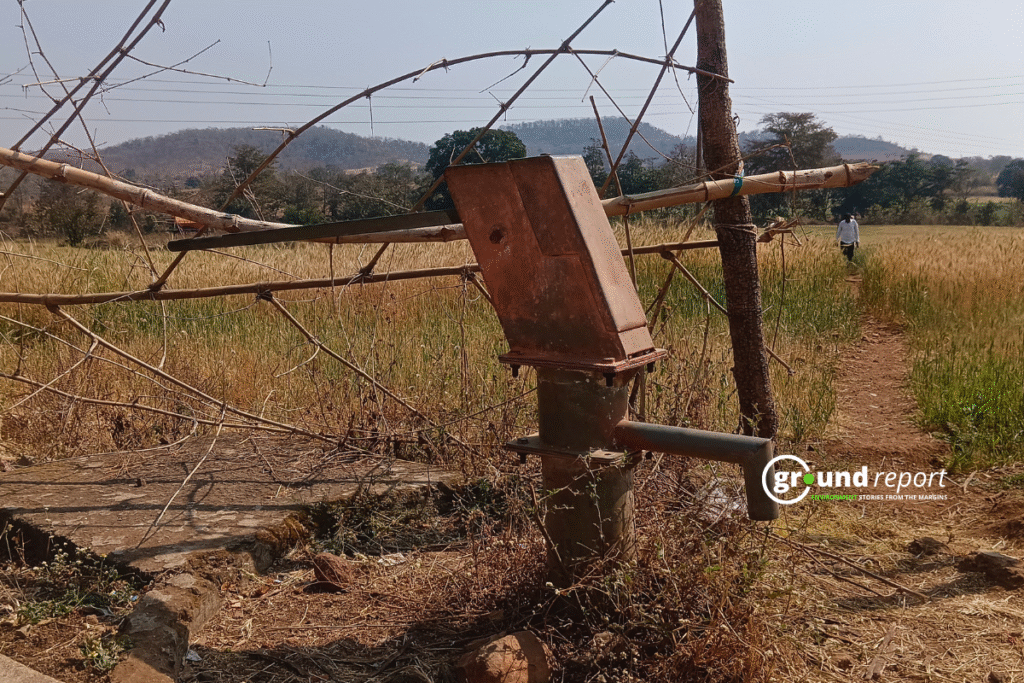
Leaders’ Villages Left High and Dry
The difference between the ground reality of Jal Jeevan Mission and government claims can be gauged from statements by ruling party leaders. Balwant Patel, Bharatiya Janata Party’s Barwani District Panchayat President, publicly acknowledged that water has not reached 80% of villages in Barwani district. The scheme has not even started in Patel’s own village, Menimata (Barwani). Similarly, Barwani Lok Sabha MP Gajendra Patel’s village Panya and Rajya Sabha MP Sumersingh Solanki’s village Than (Barwani) have also not received tap connections in every household.
In village Balkuan, which falls under the Talun group water supply scheme covering 27 villages, the water supply scheme is being operated under very unhealthy conditions. In some places, pipes are above ground, while in other places, pipelines have been laid along sewer lines. Dirty water from drains fills leaking pipelines, which reaches households during water distribution.
The panchayat had to get this work done on its own. Waterman Mohan Parmar said that some valves broke down 2-3 months ago, but the contractor company is not repairing them.
Areas situated at higher elevations in the village like Bheru Baba, Tejal Baba, and Tower area do not receive adequate pressure. The panchayat had to lay 1,200 feet of pipeline to bring water to the Tower area. Water is supplied from the Jal Jeevan Mission scheme on alternate days, which is not sufficient for villagers, so water has to be supplied from the village panchayat’s pre-existing scheme as well. If the panchayat’s scheme stops for any reason, a water crisis will arise in the village.
Old Scheme Outshines Jal Jeevan
Residents of Pura village (Tahsil-Kukshi, District-Dhar) in Dhar district remain completely unaffected by the disappointing performance of Jal Jeevan Mission across the country. The reason: neither has the Jal Jeevan Mission scheme come to their village, nor do they have any interest in such a scheme. The village’s water supply scheme started 30 years ago continues without any hindrance even today. This decentralized scheme is an example in an era of extremely expensive schemes being hastily imposed without assessing the needs of local communities.
In the eighties and nineties, this area faced low rainfall and drought several times. Small water sources began to dry up. Villages located far from permanent water sources faced a drinking water crisis. To deal with such a situation, the elders of that time like Motilal Baba, Dayaram Dada, Korji Baba, Shivji Baba, Heera Baba, and others made a plan for drinking water arrangement from the Narmada River located in village Chikhaldha, 4 km away. For whatever skills were needed for the scheme engineers, plumbers, laborers. Villagers themselves played all these roles.
The operation of this water supply scheme is managed by the Patidar Samaj Panch. Every year, five families are given responsibility for water supply in rotation, which is called “sewa“. Selected families have to do water supply and repair work without any remuneration. Along with time given for repair work, transportation expenses also have to be borne by the service families. This scheme, which provides water supply twice a day, has a monthly water supply fee of ₹30. Jagdish Patidar said that in their village, most people pay water rates in advance. No one has any arrears.
The water supply scheme started 30 years ago by the village elders continues to operate successfully even today due to the service-oriented approach of the new generation. Vallabh Patidar (55) said that he doesn’t remember the water supply being disrupted in the village for more than a day even once since this scheme started.
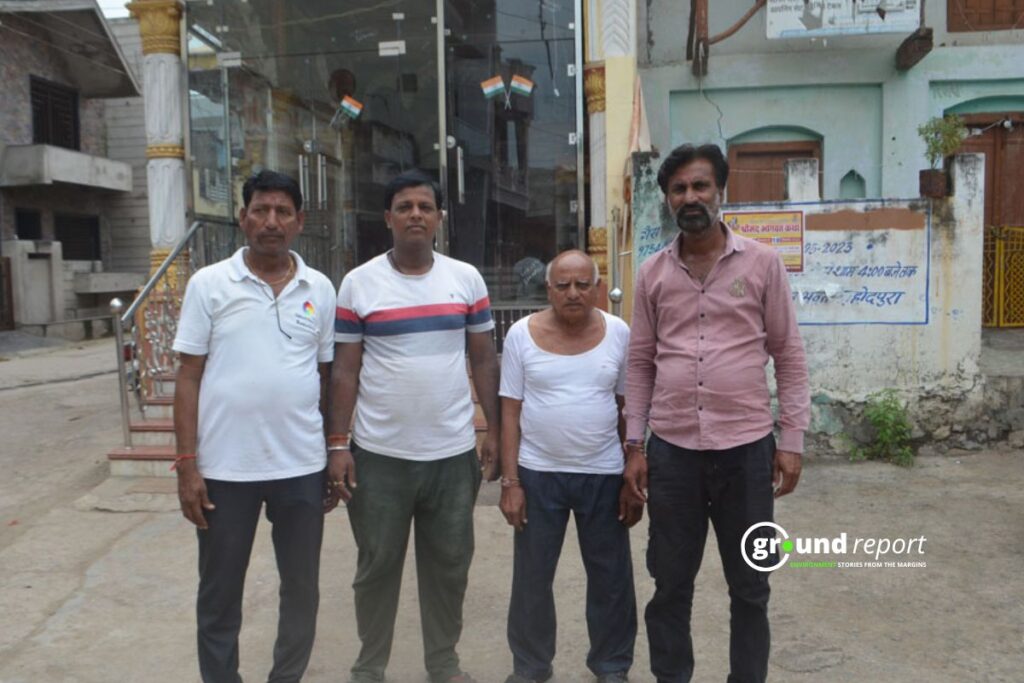
Last year in 2024, when there was a problem with the village’s borewell, the drinking water system was repaired at a distance of 2 kilometers from the village at a cost of ₹15 lakh. The Patidar Panch spent this amount from income from agricultural land owned by the Kulmi Patidar community. Panch Pradeep Rameshwar Patidar said that it is proposed to install a solar system at the water source for uninterrupted water supply.
The Jal Jeevan Mission (JJM) was launched to ensure not just household tap connections but access to clean and safe drinking water in rural areas. However, an examination of different regions in Madhya Pradesh and official government documents reveals a stark contrast between reports on paper and the situation on the ground. While the scheme appears successful in government records, its implementation has faltered in many villages.
A recent example is Balkuan village, where residents were forced to drink contaminated water and seek medical treatment even during the festive days due to negligence under the scheme. The mission, now extended until 2028, still has a long way to go. According to government data, nearly 20% of rural households are yet to receive tap connections. Going forward, the government must not only focus on reaching the remaining households through a planned, transparent, and accountable approach but also address the lapses and shortcomings that have emerged so far.
Support us to keep independent environmental journalism alive in India.
Keep Reading
Once a lifeline, now a memory: What happened to Kashmir’s water springs?
Life After Machagora Dam: No Water, No Jobs, No Justice
Stay connected with Ground Report for underreported environmental stories.

